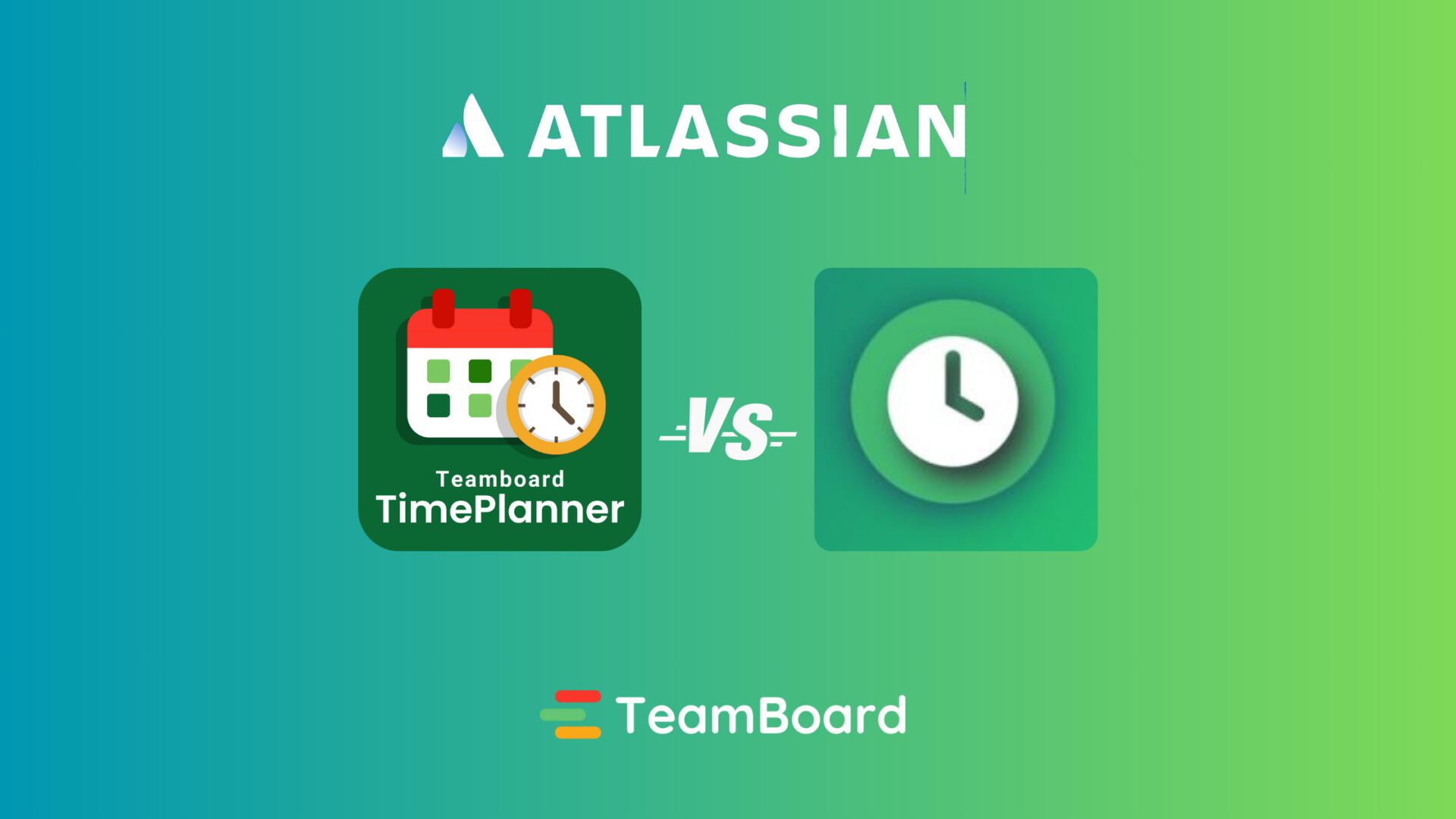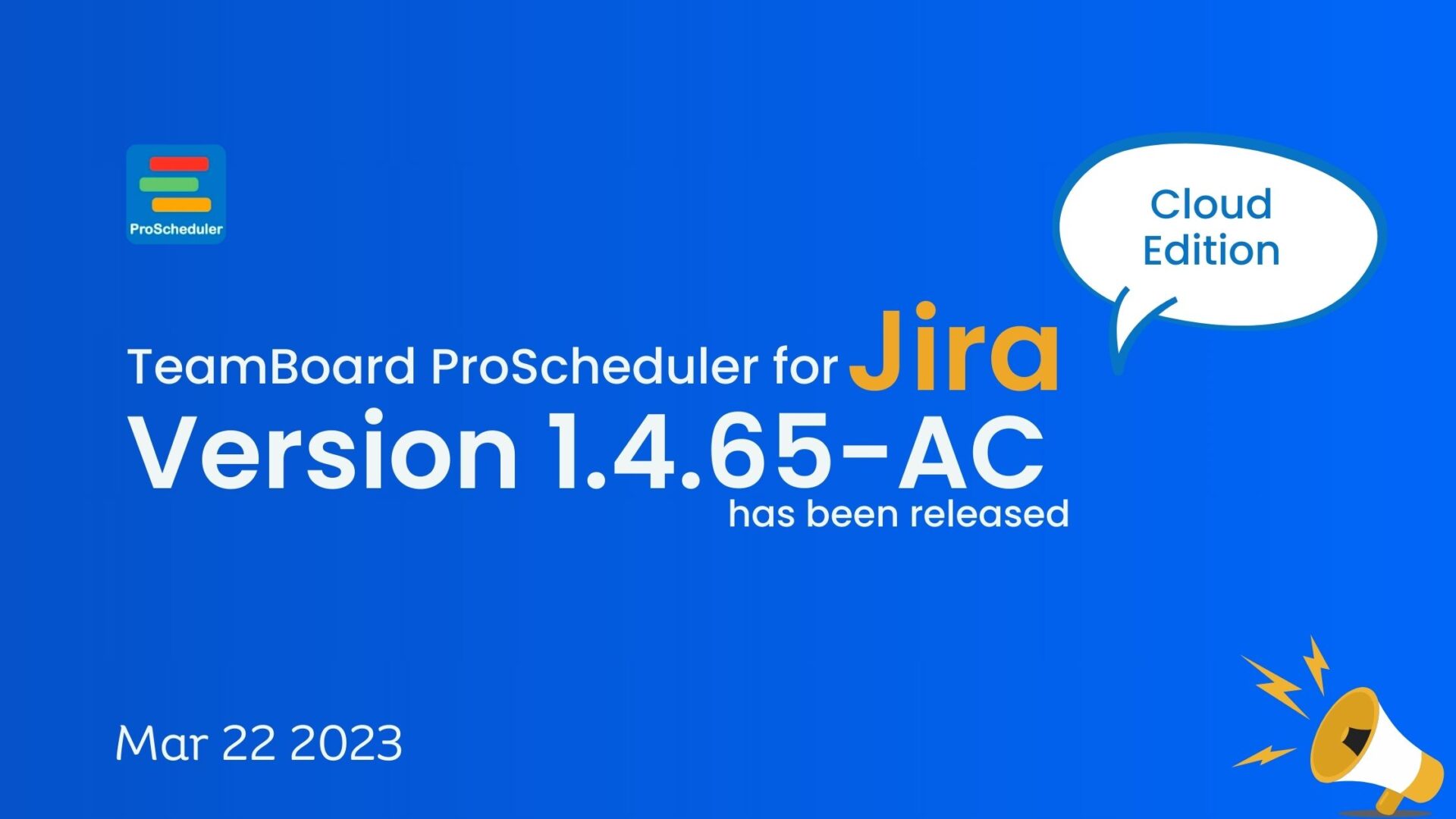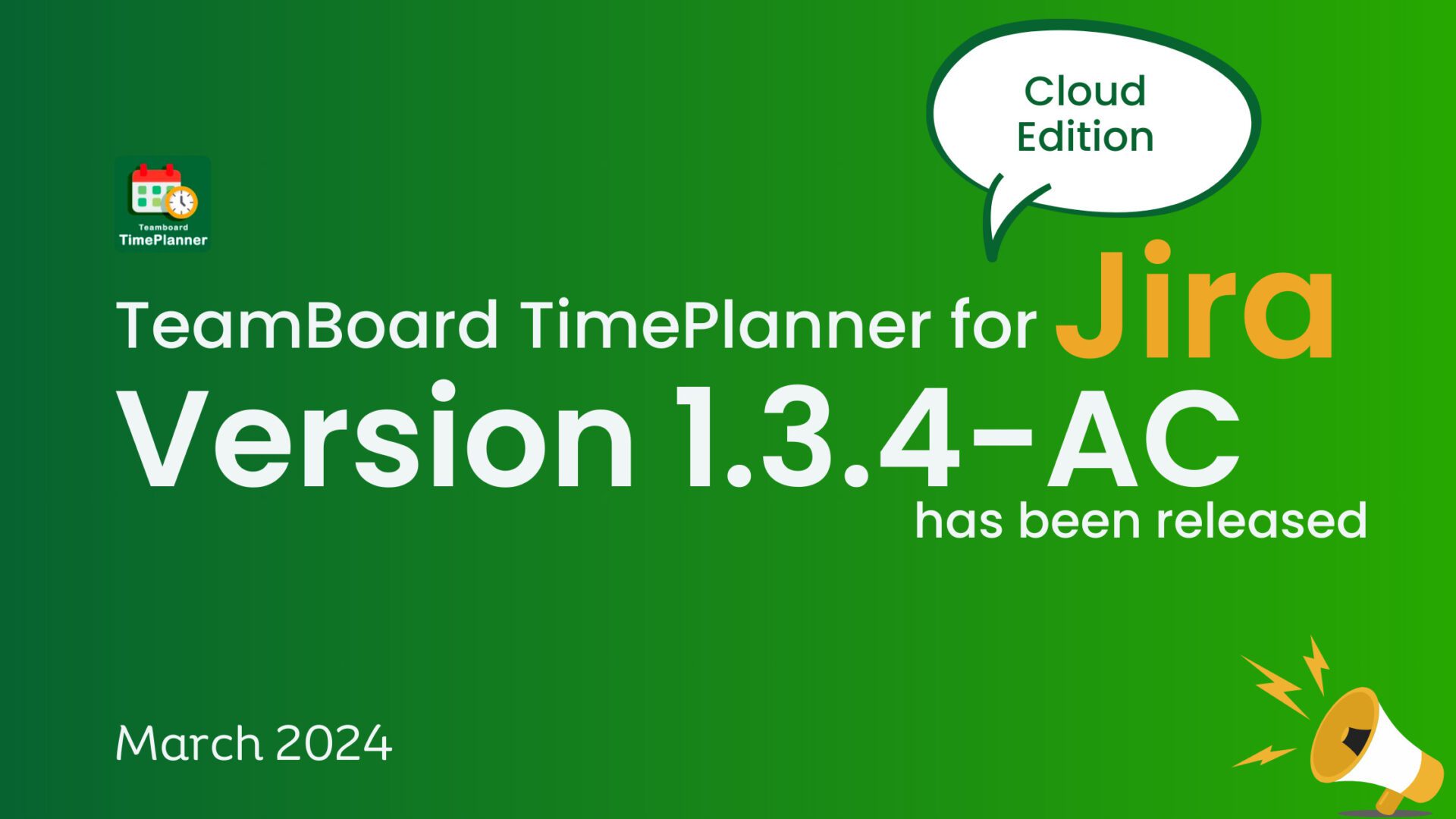Table of Contents
What are Schedule Conflicts & 5 Effective Ways to Manage Them
Everyone has schedule conflicts in their personal life at some point. For instance, you may have booked a trip on the same weekend as a family gathering by accident. In companies, schedule conflicts are the same. It is a situation where two activities struggle for the same time slot on your calendar.
It is also when a team member gets two duties at the same time. A conflict in schedule, regardless of how it arises, requires one person to be in two locations at the same time, which is impossible. This demands a modification with proper planning tools or adding another person to assist with the duties.
Scheduling conflicts are inconvenient and can lead to project failure or unsatisfactory work. It is critical to have an excellent project management framework to reduce their occurrence or deal with them when they arise.

This article discusses the most frequent schedule conflicts, and how to deal with them effectively.
What is schedule conflicts?
Schedule conflicts in project management refer to situations where two or more tasks or activities are planned to occur at the same time but cannot be executed simultaneously due to various constraints. These constraints can include the availability of resources (such as manpower, equipment, or materials), dependencies between tasks (where one task cannot start until another has finished), or limitations in the project timeline. Schedule conflicts can lead to delays, increased costs, and other complications in a project. Here’s a closer look at the types and causes of schedule conflicts and how they can be resolved:
Types and Causes of Schedule Conflicts
- Resource Conflicts: Occur when the same resource is allocated to multiple tasks at the same time, exceeding the resource’s available capacity. This is common in projects where specialized skills or equipment are in high demand.
- Time Conflicts: Arise when two or more tasks are scheduled for the same time period but there is not enough time to complete all tasks as planned. This can happen due to overly optimistic scheduling or unforeseen delays in earlier tasks.
- Dependency Conflicts: Happen when tasks that depend on the completion of previous tasks are scheduled to start before those preceding tasks are finished. This overlooks the necessary sequence of activities.
Resolving Schedule Conflicts
- Rescheduling: Adjusting the start and end dates of tasks to eliminate overlaps, taking into consideration the dependencies and priorities of tasks.
- Resource Leveling: Reallocating resources or adjusting the intensity of resource usage to ensure that no resource is overallocated at any given time. This may involve hiring additional resources or reprioritizing tasks based on resource availability.
- Task Prioritization: Prioritizing tasks based on their importance, deadlines, or impact on the project’s critical path. Less critical tasks may be delayed or rescheduled to resolve conflicts.
- Fast Tracking: Running tasks in parallel that were originally planned to be done sequentially, where possible, to save time. This strategy, however, can increase project risk and requires careful management.
- Crashing: Adding more resources to critical tasks to complete them faster and resolve scheduling conflicts. This approach often results in increased costs.
Types of Schedule Conflicts That Can Arise
1. Booking an unavailable time slot
This occurs when you plan an event within a time window that is already reserved. For example, you may accidentally give a shift to an employee during his lunch hour. The employee would either have to skip work or cancel his break.
2. Unauthorized rescheduling
While the official schedule gets created by a single employee or a small team of workers working together. After it gets published, some individuals may exchange shifts to fulfilling their needs better. These unofficial changes in the action plan may sometimes cause conflict in schedule and missed shifts.
3. Last-minute plans
By issuing work schedules within a few days of the workweek, several firms attempt to minimize unauthorized shift rescheduling. Unfortunately, since your employees don’t know whether they have problems with the plan until the last minute, this might lead to more last-minute schedule conflicts.
4. Double-booking
This occurs when two jobs or activities get scheduled for the same time window. Assume you issued two jobs to one team member at the same time. They would have to perform both activities quicker, risking mistakes and loss of attention. They would almost certainly fail to complete either of them on time.
5. Overlapping of Events
Overlapping of events occurs when the end of one event overlaps with the beginning of another. You may, for example, hold a team meeting from 11 a.m. to 12:00 p.m. and a client meeting from 12:30 to 1:00 p.m. You would have to skip the conclusion of the team meeting or reschedule the client meeting to attend both of these activities.
How to Deal with Schedule Conflicts?
Breathe and clear your head
Conflict schedules are unavoidable in every firm. When they occur, they may be frustrating for both managers and staff. Make no excuses or hold people accountable for the mistake. This will not solve the issue and may harm your future business connections. Instead, investigate how and why the conflict in schedule occurred. Implement controls to stop it from happening again.
Encourage team communication and cooperation
Encourage team members to notify management as soon as they see any scheduling conflicts. Set up a method to tell their supervisors or recruit replacements before approaching the managers. When a procedure is in place, schedule conflicts may get readily controlled before they become major difficulties.
Check your availability calendar
It’s vital to know about the availability of employees. Make a list of who is available, and then begin reaching out. Pick up the phone if you don’t have much time to fix the schedule conflicts.
Extend hours
Ask workers who get already scheduled to work shifts before or after the open one whether they would be willing to work extra. Include incentives like extended breaks, an employee lunch, or other advantages to convince them to take the extra work.
Step in yourself
If you are missing an employee during a shift and it is a quiet moment, try running with one less worker than usual. You might also jump in to take up the slack.
The Advantages of Managing Schedule Conflicts
Schedule conflicts may have severe effects on both hourly employees and the organization. Here are some benefits of doing effective project schedule management:
Boost morale
When workers perceive their managers care about their work-life balance and seek to build a schedule that works for them, their morale rises.
Ensure employee well-being
Allowing workers enough time to relax between shifts encourages them to take care of themselves and do their best job throughout their shifts. More than 70 percent of employees reported job satisfaction after enrolling in wellness programs in comparison to ones who didn’t.
Increase productivity
Employees who feel acknowledged and valued on the job might be more productive, particularly if they don’t have to work extra at the last minute.
Tools to Handle Schedule Conflicts
With effective schedule conflict tools and employee management tactics, almost every scheduling conflict might get avoided. However, since scheduling is a complex and time-consuming job, utilizing a manual technique exposes it to human mistakes. You may simplify the process and prevent schedule conflicts by using a robust scheduling and time-tracking tool.
You may either use essential scheduling software or, better yet, project management software. These enable you to build timetables and deadlines and provide additional advantages such as in-app task-related dialogues and dashboards that show where bottlenecks occur.
The Bottom Line
If scheduling conflicts in the workplace get not addressed strategically, they may lead to a loss of productivity and income. Good tools and practices may help you succeed. To organize work and activities and promote communication across the business, you must identify the ideal match for your team.
TeamBoard Time Planner is available on Atlassian Marketplace. It allows you to build timetables and monitor staff workload. TeamBoard Time Planner is a one-app solution for managing your team’s tempo, work speed, and schedule conflicts. Help your team members keep track of daily activities, working hours, timesheets, vacations, a calendar, a timeline, a report, a cost, and invoicing. This schedule conflicts tool aid in enhancing visibility into projects, schedules, and timeframes depending on the permissions of each team member. It also serves as a central source of truth, lowering the likelihood that scheduling conflicts would go undiscovered.
















